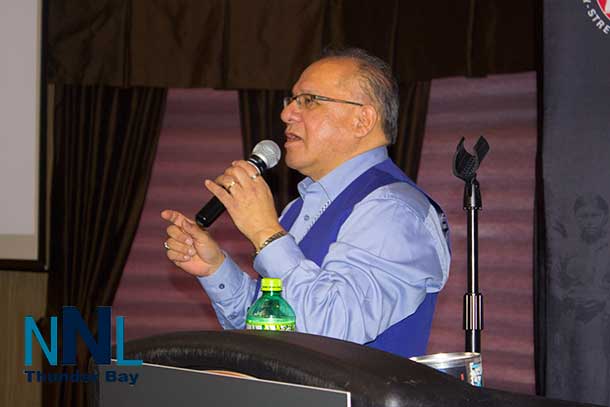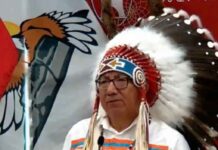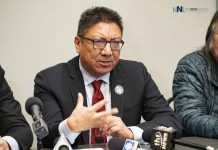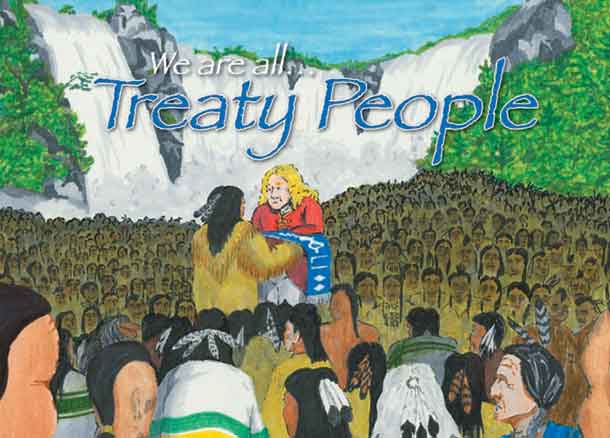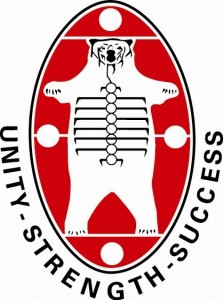 THUNDER BAY – POLITICS – Nishnawbe Aski Nation (NAN) Grand Chief Harvey Yesno says the 2015 federal budget fails NAN First Nations by lacking significant investments to address the crippling lack of infrastructure, especially in remote communities, and a strong commitment for environmental protection enhanced consultation on resource development by Natural Resources Canada.
THUNDER BAY – POLITICS – Nishnawbe Aski Nation (NAN) Grand Chief Harvey Yesno says the 2015 federal budget fails NAN First Nations by lacking significant investments to address the crippling lack of infrastructure, especially in remote communities, and a strong commitment for environmental protection enhanced consultation on resource development by Natural Resources Canada.
“It is shameful that the Minister is championing this budget as beneficial for northern Ontario when 15 NAN First Nations in his riding are currently on Health Canada drinking water advisories,” said Grand Chief Harvey Yesno. “As MP for Kenora, Greg Rickford represents the largest number of First Nation communities in Canada, but he is clearly not representing the interest of his constituents given the continued failure by his government to address even the most basic needs of these communities.”
NAN First Nations are under increasing pressure from industry for the development of the wealth of natural resources in their traditional territory, but many communities are plagued by Third World living conditions including lack of safe drinking water, health care, protection services (fire and police) and housing.
“We will not raise our children in poverty while the rest of Canada prospers from the exploitation of our territories. Instead of promises of future FedNor funding for his riding, we are looking to Minister Rickford and this government to make clear commitments to meaningful engagement with NAN First Nations based and the spirit and intent of our Treaties,” said Yesno. “We have made it clear that First Nations will assert control over economic, resource and energy development in our territory, and we will defend our right to control development so the wealth from our lands benefits our people and the growth of our Nation. Resource development will not move forward without meaningful consultation and resource equity, revenue and benefit sharing for our communities.”
NAN has called on the Government of Canada to renew its Treaty relationship with First Nations, respect Aboriginal and Treaty rights, and support communities through mutually beneficial agreements that ensure the wealth from the extraction of natural resources benefit First Nations as full Treaty partners.

